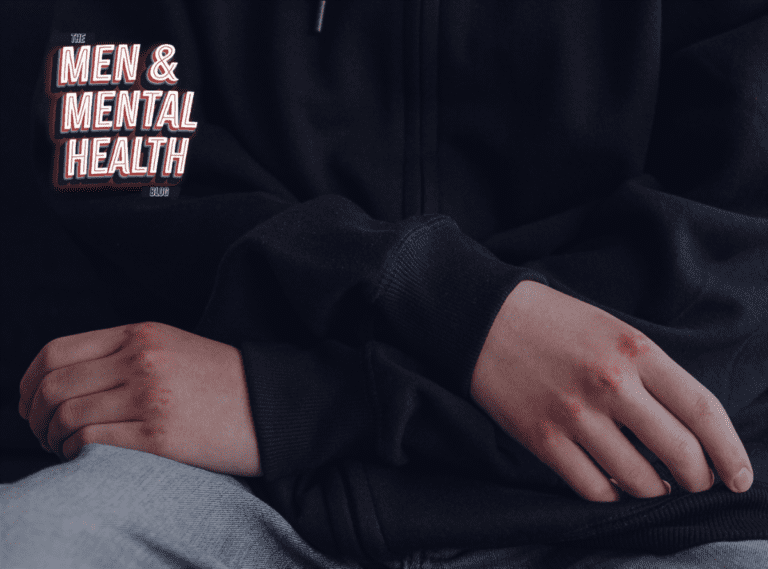The Impact of Trauma
“He used to love fireworks,” said a friend as she reflected on the impact a tour of duty in Iraq had on her loved one. “Now, the 4th of July is one of his least favorite holidays. The fireworks don’t bother him as much as they once did, but it’s still uncomfortable.”
“I just can’t help it. Every time I see a white Subaru Outback, I think about the guy my wife had an affair with. We’ve reconciled and I think I’ve forgiven her, but then I see that Outback and it all comes flooding back.”
“Just the smell sets me off. I’m right back to lying in bed with the covers over my head trying not to hear my dad coming home drunk and hitting my mom. That was 30 years ago, and I still want to run and hide when I’m around someone who is drunk, especially if they’re mean and angry.”
More than One Kind of Trauma
Although they may not be aware, all the folks above are suffering from a trauma. We used to think of trauma as only associated with war or some horrifically violent act (e.g. rape or murder). Now we know it is much broader than that.
Trauma can occur as the result of a single incident, (e.g. a horrific automobile accident), but it can also occur as the result of exposure to long-term abuse like domestic violence. Sometimes it is the combination of exposure to varied and multiple traumatic events. This can occur when a parent struggling with addiction allows others in the home who threaten a child’s safety with physical, verbal or sexual abuse.
How the Body Responds to Trauma
When trauma occurs, our body, governed by the amygdala in our brain, responds in a “fight or flight” pattern. We are prepared to fight the enemy or flee from danger. Our muscles tighten; our pulse quickens; and our focus narrows as adrenaline floods our system. We are geared for action, which can be helpful if we need to run into a burning building to save someone or escape from a tiger.
But in many cases, there is nothing we can do. We can’t get away from the danger fast enough. We can’t avoid the terror of abuse as a child. We can’t forget the feelings of betrayal associated with infidelity. When posttraumatic stress disorder (PTSD) occurs, we continue to be flooded with hormones, but we can’t escape. Over time, we can be more damaged by our body’s ongoing response to a traumatic event in our past than we were by the actual event itself.

More and Less Acceptable Trauma
Many men know about the trauma connected with war. Because it is better known and more often discussed in popular culture, this is the more “acceptable” kind of trauma to talk about. We know there are support groups and places where people can get help with posttraumatic stress reactions. Getting some kind of help from a mental health professional is often required for first responders, law enforcement officers and persons who have been in combat.
The impact of infidelity, divorce, childhood abuse and the like is less well known and discussed. Getting help is stigmatized by the belief that the trauma linked to these events is less important when compared to trauma associated with military combat. And yet, the effect of these events can be just as significant because our bodies do not know how to distinguish one kind of trauma from another. What we believe about how we should respond to these events can make all the difference. That’s where the right kind of help and information can make a big difference.
Keep Plugged In
During the month of July, we will focus on trauma, especially with regard to how it affects men, in our blogposts and podcasts. We will learn how failure to recognize and respond to trauma can actually impact one’s health over a lifetime. We’ll also explore some ways to address trauma that have been especially helpful to men struggling with long-term exposure to traumatic events. If you are a survivor of a traumatic event, or you know or love someone who has, we hope you’ll stay tuned over the next month to learn more about what can be done to better manage extreme stress from one’s past.
ABOUT AUTHOR
Dr. Jennifer L. Baker is a licensed clinical psychologist specializing in marriage and family therapy. She is also the Founder and Director of Good Dads. She can be reached for question or comment at [email protected].


